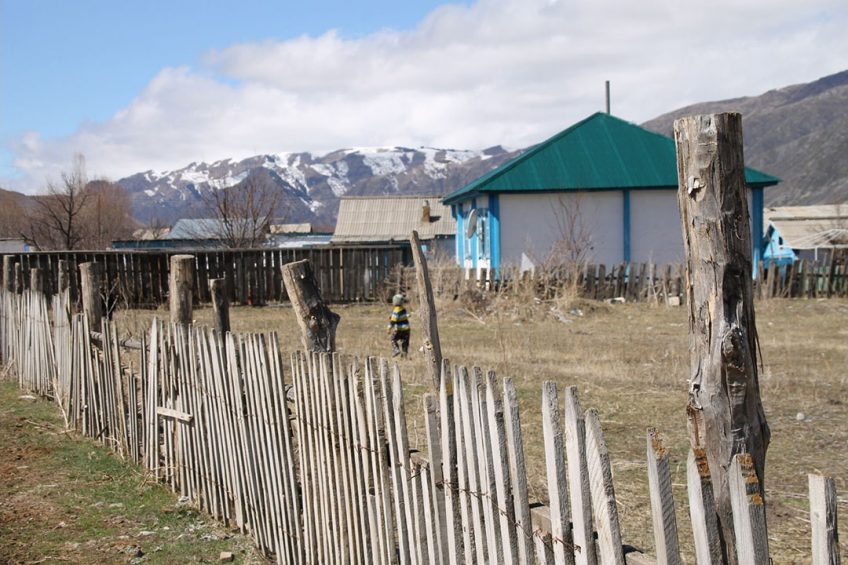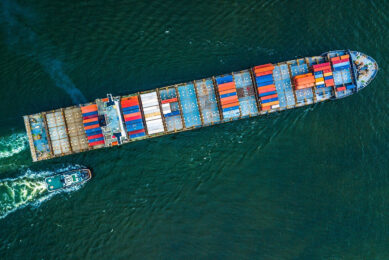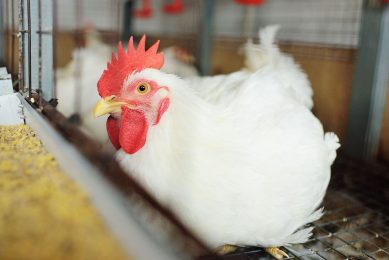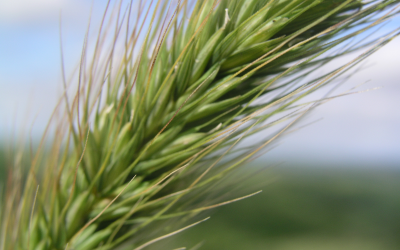Feed shortage prompts Kazakh farmers to sell off cattle

Farmers in Kazakhstan are reportedly rushing to sell off livestock, citing feed shortage as the reason. This is despite measures taken by authorities to avoid that scenario.
The Kazakh governments banned feed exports and introduced caps on grain export on August 15. However, the price for most feedstuff has risen sharply in the majority of regions over the past few months, putting thousands of farmers on the brink of collapse.
Lucerne has doubled in price, while the price for straw has tripled. We earn our bread by raising livestock. There is no other work in the village. The state does not help. There is no hay. In winter, it will be even more difficult, I think. That’s why I decided to sell [the livestock],
– a private farmer Bakpan Kospanov, told to the Radio Azattyq.
Government funds have not helped
The Agricultural Ministry allocated 1.9 billion tenges (US$ 4.5 million) to support feed producers and slow down the price increase in the domestic feed market. However, market participants claimed that didn’t help.
Decline in livestock numbers
There are concerns that Kazakhstan could experience a substantial decline in livestock population this year. The current crisis aggravated a long-standing issue of poor profitability in the country’s livestock industry.
“I have 30 heads [of cattle]. I plan to sell half of them to buy feed for the remaining 15 cows and keep them. They say the winter will be harsh. There is no other choice,” a farmer who wished not to be named told Radio Azattyq.
Expensive feed, cheap animals
Market participants warned that feed has doubled in price during the past year. The price of wheat stood at 60–70 tenge ($0.14 – $0.16) per kilogram, while now it reaches 120–130 tenge ($0.28 to $0.30).
Farmers claimed that one cow consumes feed for 100,000 tenge ($234) during the winter, while due to rising supply, the price for livestock dropped, so now it is not reaching even 140,000 tenge ($327). In this context, farmers claimed that raising livestock has become unprofitable in Kazakhstan.
According to resellers, in the market, cattle fell in price by about 30,000-40,000 tenge ($70 – $94) per head during the past year. The drop in prices is unprecedented and is primarily provoked by the rising number of farmers rushing to sell their livestock, Radio Azattyq reported, citing local resellers.
Government denies feed shortage
The Kazakh Agricultural Ministry, however, denied information that there is a shortage of feed on the domestic market. The Ministry admitted though that the prices jumped due to drought and some other factors but insisted that there is no deficit.











